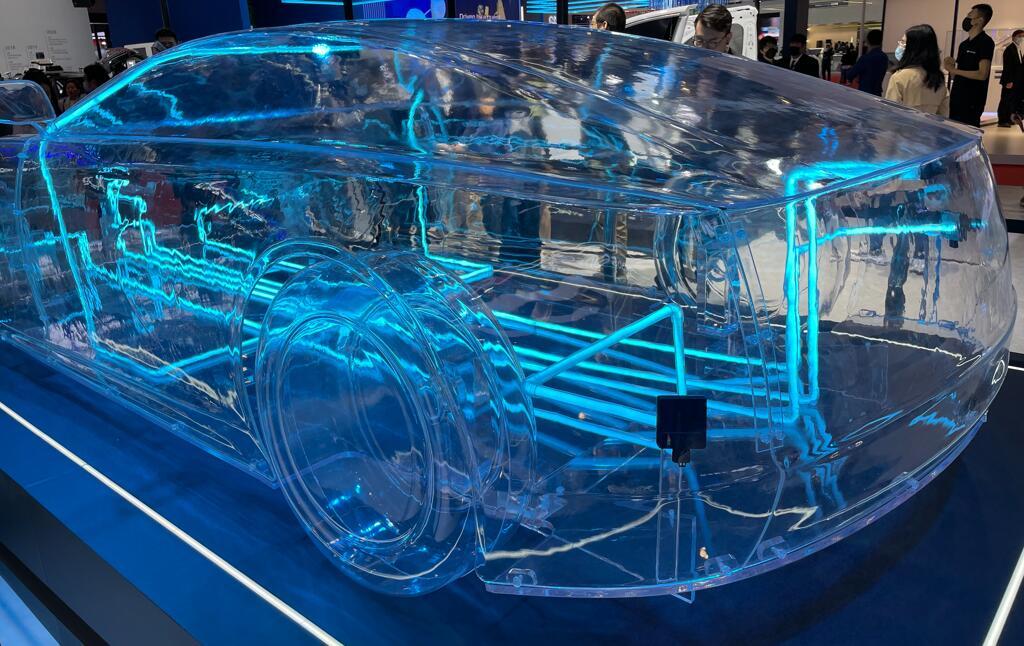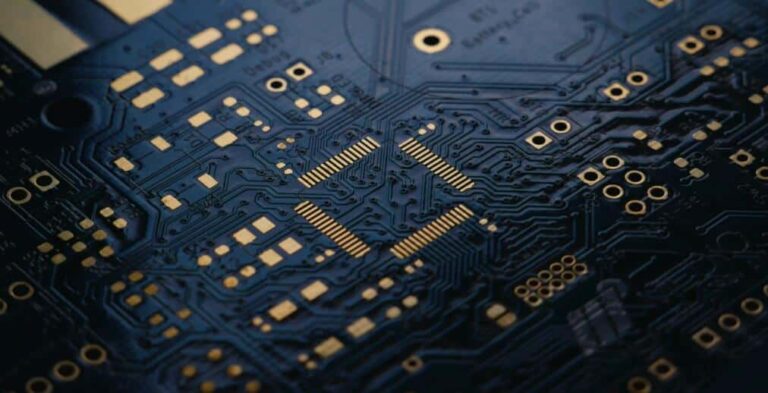Since July, Bosch has been able to meet less than 20 percent of its orders. The situation was a little better in September and October, but now it seems that less than half of the demand can be met.
(Photo source: CnEVPost)
After the worst moments in July and August, the automotive chip shortage seems to have reached an inflection point for improvement.
Bosch China President Chen Yudong said at the company's Technology Innovation Experience Day this week that automotive chip supply was slightly better in September and October, but currently it looks like less than 50 percent of demand can be met.
Before the first half of this year, the supply gap was about 20 percent, meaning that customers who booked chips for usage on 10,000 cars could only get chip supply for 8,000 cars, he said, adding that this did not cause much of a problem at the time.
But from July, Bosch can only meet less than 20 percent of the order, and by August there is no improvement, he said.
Chen expects the supply of chips for the automotive industry to return to the situation before the first half of this year next year, that is, there is a shortage of about 20 percent.
He believes that the shortage of automotive chips will become the norm, the problem is only the extent of the shortage.
Chip shortages have led to a five-month drop in Chinese auto sales. Data released by the China Association of Automobile Manufacturers on October 12 showed that China's auto production and sales in September were 2.077 million and 2.067 million units, down 17.9 percent and 19.6 percent year-on-year, respectively.
Chen said chip supply, while improving, still cannot meet demand. "Looking at the current situation, the rate at which demand can be met in the fourth quarter will be very low."
He also mentioned that alternative products from local manufacturers will also be a long process to become available, and car companies should not hope for an immediate improvement in the situation.
Among the new Chinese carmakers, the chip shortage problem seems to be more serious for Li Auto.
Local media yicai.com reported on Saturday that Li Auto recently acquired thousands of electronic parking (EPB) chips from the black market, and while their normal unit price is about RMB 6, the company's purchase price came to about RMB 5,000, 800 times over the normal price.
But then Jiemian.com quoted Li Auto's response that this information was untrue, and that the company did try its best to ensure chip supply in case of chip shortage, and that in this tight chip supply situation, car companies would choose to buy stock chips from regular channels to ensure supply.
Due to the increased pressure on chip supply, Li Auto has opened a new delivery model - it will deliver the Li ONE with two radars missing, and add them in the future when that accessory arrives, according to what a large number of users of the company's app have shared.
Li Auto is currently selling the 2021 Li ONE, which was released on May 25, with five millimeter-wave radars for assisted driving functions, up from one previously.

